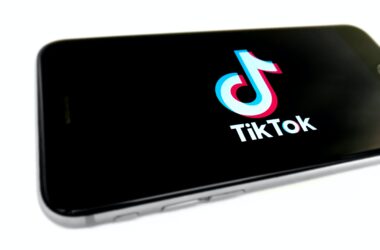Meet Jack!
He is a newly onboarded consultant for a Fortune 500 company interested in entering a new market.
They have been monitoring the market for a while and are trying to predict their potential sales and the best course of entry.
They’ve done user research, taken customer feedback, and dived deep into competitor analysis. They believe that they will be able to achieve the median or the average sales in the market.
How likely are they to attain their goals? What’s the best point of entry into the market that guarantees good sales without affecting sales on the company’s other product lines or resulting in loss of customer loyalty?
Summarily, how do they prevent failure?
Jack has to utilize a wide range of skills that hinge on gathering, diving deep, understanding, and breaking down data to inform business decisions daily.
This mode of operating to deliver success didn’t just start today; Data has been around for ages.
Just as gold was buried under the earth’s surface for many years and only became valuable to humans once we learned how to dig it up and process it to become jewelry, Data is the gold of the digital era.
Data is a set of values of quantitative or qualitative variables about one or more objects or persons. It is an infinite fast-growing industry; it can be reused and will never lose its value.
Data is usually analyzed for insights to aid organizations in making informed decisions and adjusting their strategy. Thus, organizations need to leverage their data to understand the market’s conditions better, as it can be used to determine and discover a customer’s purchase patterns, budget, growth predictions, and profit.
Data Application
Data has a significant impact on many industries, both government and non-government, including education, tourism, technology, banking, E-commerce, health care, finance, media, marketing, and the Military.
Data helps these industries make better business decisions by analyzing large volumes of data and discovering hidden patterns. These data sets might be from social media, data captured by sensors, website logs, customer feedback, app usage, digital footprint, and many more.
Organizations are spending huge amounts on big data applications to discover hidden patterns, unknown associations, market styles, consumer preferences, and other valuable business information.
It is estimated that 2.5 quintillion bytes of data are produced daily, and by the year 2025, 463 Exabytes of data will be generated daily.
According to Mark Zuckerberg, WhatsApp now delivers over 100 billion messages daily with more than 2 billion estimated users globally. Google processes over 3.5 billion daily searches, 306.4 billion Emails sent, and 500 million Tweets made daily.
Please visit us @GoSpeedHub on Facebook, Instagram, and Twitter for more information.
Photo by Mika Baumeister









